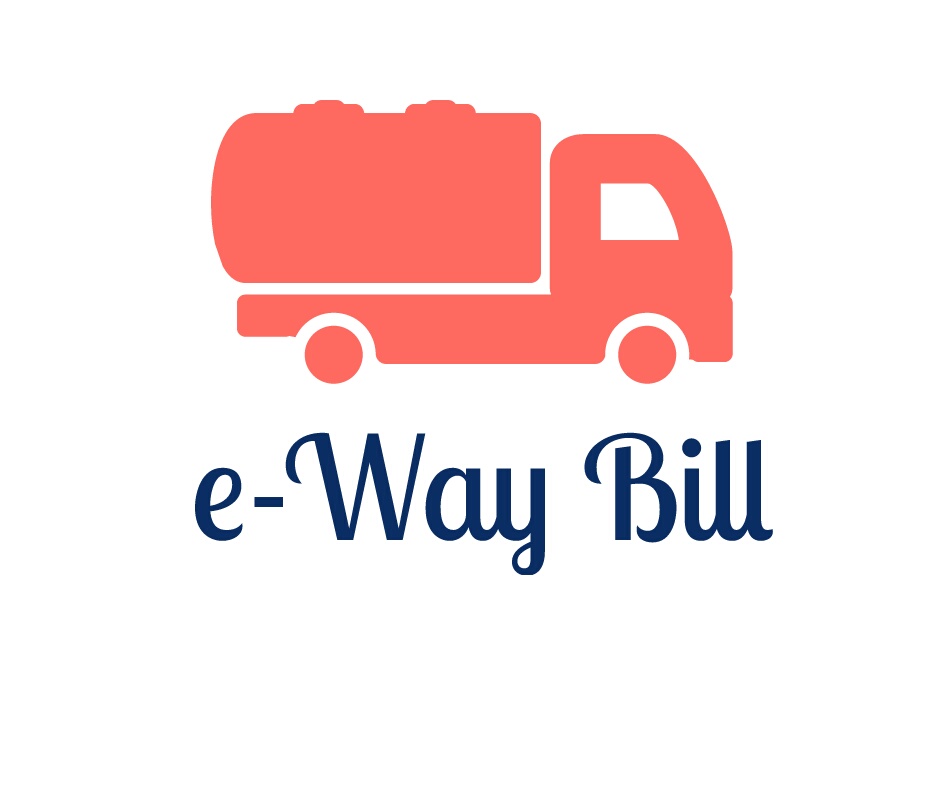Because of the complicated structure of taxation in India, the transport industry has to bear the cost of 35% to 65% of its resources and time on tax compliance, in which 16% of its time is expended with trucks queuing up in inter-state checkpoints for sake of tracking as well as inspection.
Our logistics industry is in dire need of reform. For instance, a truck in India traverses an annual average distance of 85,000 km compared to 2,00,000 km by trucks in advanced countries. With the introduction of GST, there is an increasing need for the integrated arrangement of logistics with companies closing warehouses in various states.
GST is also set to impact a significant factor causing problems for the logistics sector- interstate transport of goods minus the hassle of documentation and long lines at check posts. The solution offered by GST is the GST E-way bill, which replaces the transport bills and waybills used by companies till today.

Compliance with E-Way Bill
Till now, compliance has been a major issue irking the logistics industry. Waybills got from VAT authorities are notorious for restricting crosswise movement of cargo among states. E-way bills should help in free movement of goods, but logistics still need to take into account relevant rules.
The govt. has released a comprehensive guideline on the use of E-way bills, which stress on compliance:
- Whenever there is a change in a mode of transport of a consignment, the generator of the E-way bill needs to update a change in vehicle number.
- In case transporter is carrying consignments of more than one party, he must create a consolidated e-way bill in place of carrying several e-way bills for sake of such consignments.
- In the space of 24 hours, E-way bills created for goods, which have not been transported, should be canceled.
- The recipient of the consignment must accept or reject the bills. In case, there is no action within 72 hours, the system will assume that bill has been accepted.
- The person responsible for the conveyance must convey certain documents such as a bill of supply or invoice so that they can be verified.
- Transporter can convey details of E-way bill on an RFID (RadioFrequency Identification Device).
Impact
The recording of E-way bill promises better revenue, making superior use of Information Technology. The mechanism is also expected to track a movement of goods and check evasion of taxes.
Advantages of the E-way bill system are:
- Reduction in the documentation:
Complete state wise documentation needed for movement of goods will no longer be needed. The use of RFID device reduces the need for transporters to carry documentation.
- Fast movement of consignment
A major benefit of the E-way billing system is the negation of a huge number of check posts at borders of states as well as National Highways, which result in easy transport of goods.
- Reduced costs of logistics
E-way bill stresses on proper invoicing, and in the process, reduces tax evasion. In the long run, the new bill is expected to reduce the proportion of logistics cost to GDP, which is very high, compared currently to other countries.
These are all some ways the new E-way Bill will impact the logistics industry.
